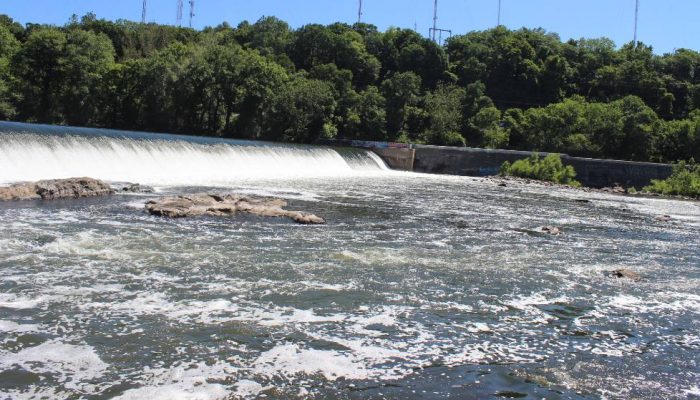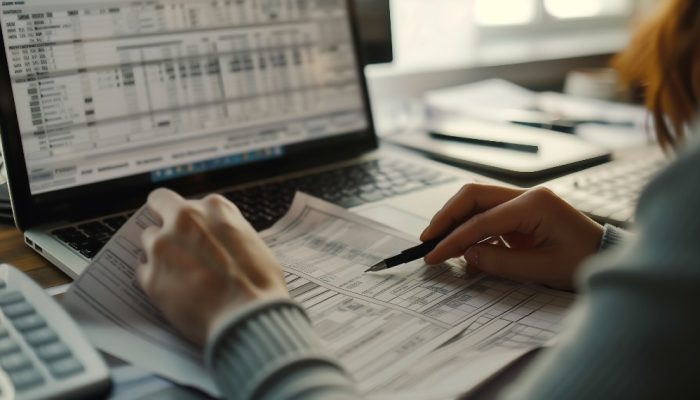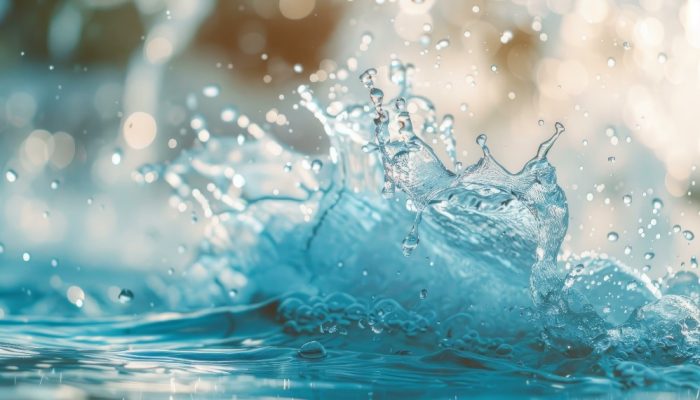Curious to know where the money from your water bill goes? One answer: it funds projects that keep fresh, clean water coming into our homes. But first, let’s take a closer look at how we get water in our homes.
Our everyday water
The water we use daily in our homes is collected by the Philadelphia Water Department (PWD) from the Delaware and Schuylkill rivers. Over 300 million gallons of water are treated daily at the City’s three treatment plants before being piped into homes and businesses.
Philadelphians rely on this clean water for their daily drinking, cooking, cleaning, bathing, and more. Water flushed down your toilet or sink containing household waste then drains through the City’s sewer lines.
If not properly managed, this wastewater causes serious damage to our water sources.
Safeguarding the source
Our rivers also risk pollution from stormwater runoff. This is rainwater that runs off roofs and pavements, making its way through storm drains and into sewers. Along the way, stormwater can mix with sewage, oil, and dirt.
The good news is that PWD is working hard to make sure both household wastewater and stormwater are treated and managed before draining into our rivers.
In short, our water is treated before it gets to us and after it leaves our homes – making it safe to drink and use while protecting our rivers from pollution. You may not realize it, but paying your water bill ensures PWD can continue protecting you and other Philadelphians.
Water bills make it possible for the City to:
- Maintain its water treatment plants,
- Provide reliable, safe, and high-quality drinking water to residents and businesses,
- Maintain its sewer lines and pipes, and
- Treat used water from our homes before it goes back into nature.
Your water bill
A typical Philly water bill comprises water, sewer, stormwater, and service charges.
The water charge helps the City treat our water before it gets to us. This money also helps maintain the water mains and pumping stations that deliver water to customers.
The sewer charge maintains the three Water Pollution Control Plants that clean our used water before returning it to our rivers.
The stormwater charge helps the City maintain its network of pipes and inlets that convey stormwater. This money also funds the Green City, Clean Waters program, which reduces stormwater pollution using neighborhood-based green infrastructure.
The service charge covers operational costs, such as metering, pollution prevention, and billing and collection.
Concerning billing, the City uses a combination of flat and variable rates. For both residential and commercial customers, water and sewer charges are based on how much water you use. Residential properties pay flat rates for stormwater and service charges. Non-residential properties’ stormwater fee is based on the total area of their property and the size of the surfaces that don’t absorb stormwater.
Visit https://water.phila.gov/drinking-water/ for more information about Philly water quality.
Photo credit: Philadelphia Water Department flickr




